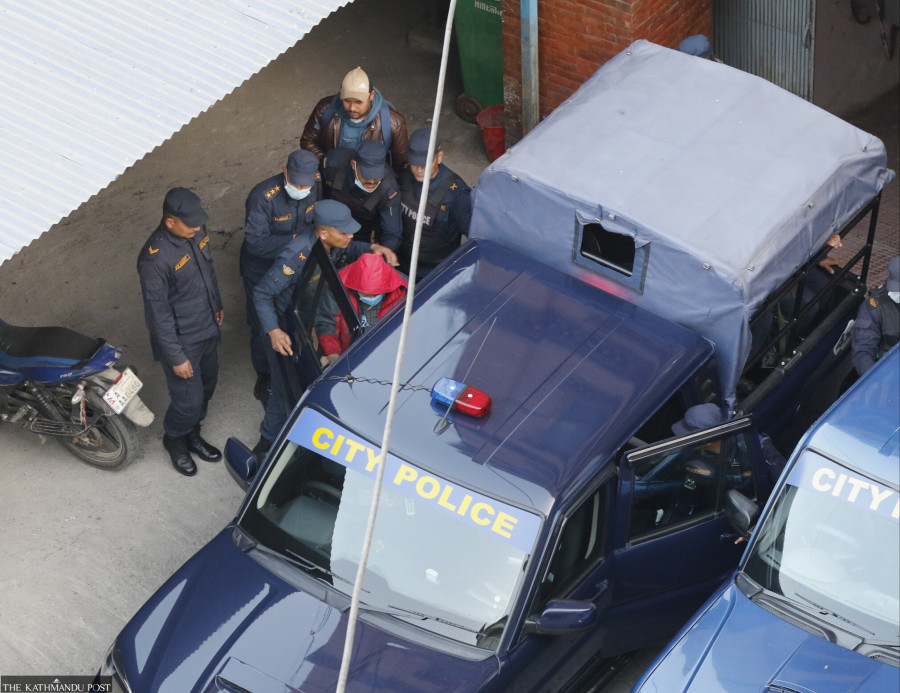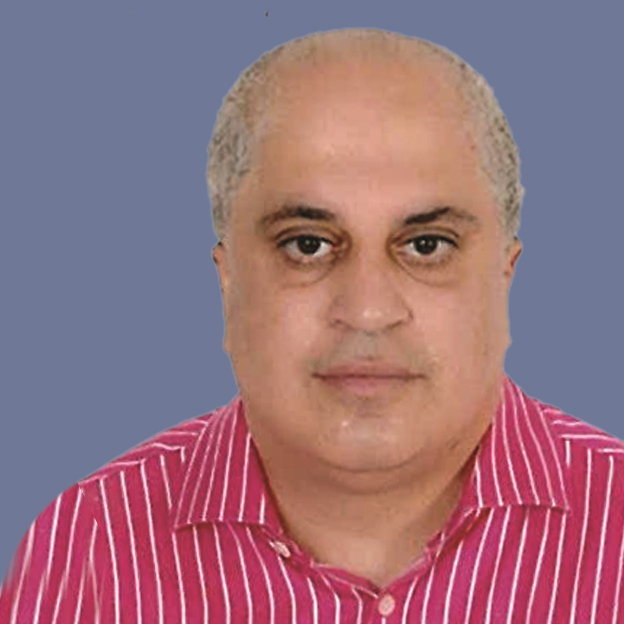National
Charles Sobhraj deported to France upon release after 19 years in jail
Government bans him from visiting Nepal for a decade.
Himendra Mohan Kumar & Anup Ojha
After 19 years, three months and seven days in Kathmandu Central Jail, at 12:20 pm on Friday, French serial killer, fraudster and thief, Charles Gurumukh Sobhraj, 78, was freed and later deported to France on the orders of the Supreme Court of Nepal.
Sobhraj is responsible for multiple murders of young foreigners across Asia in the 1970s. Suave and articulate, Sobhraj used to befriend unsuspecting Western backpackers and upon earning their trust, drugged and murdered them, fleeing with their cash, valuables and passports.
Having spent 43 years of his life in jail, Sobhraj is perhaps the world’s only convict who has served life sentences in two different countries during one lifetime.
“Sobhraj departed Kathmandu on Friday at 6:30 in the evening by a Qatar Airways flight,” Fanindra Mani Pokharel, joint secretary and spokesperson for the Home Ministry, told the Post.
He said Sobhraj was sent straight to the airport from the immigration department after the French embassy prepared his travel documents.
“The Home Ministry has banned Sobhraj from entering Nepal for 10 years,” said Pokharel, adding that the cost incurred in buying Sobhraj’s flight ticket was not borne by the Nepal government.
Sobhraj was immediately detained following his afternoon release from jail. As per the court’s directive, Sobhraj had to be deported to France within 15 days of its Wednesday verdict.
From the central jail, Sobhraj was driven straight to the Department of Immigration in the Capital under a heavy security cover, flanked by machine gun-toting armed security guards.
The notorious killer had been concurrently serving two sentences, each 20 years, in Kathmandu for the 1975 murder of an American woman, Connie Jo Bronzich, and her Canadian backpacker friend, Laurent Carriere.
Sobhraj had been convicted in two separate trials — most recently in 2014, when he was sentenced to a high security prison for murdering Carriere.
But Nepal's Supreme Court ordered Sobhraj's release this week considering his advanced age and good behaviour after Sobhraj’s legal team successfully argued before the court that he should be given a concession on his prison term due to his failing health. Sobhraj had a heart surgery in 2017.
“It’s been a long legal battle, a long journey for justice. I feel relieved, and very light today,” said Sobhraj’s wife, Nihita Biswas, 32, a Nepali national who is 46 years his junior. She spoke to the Post, waiting outside the Department of Immigration.
Sobhraj has been linked to more than 30 killings, 12 of which are confirmed, between 1972 and 1982. His victims were drugged, strangled, beaten or burned.
He was dubbed ‘The Serpent’ or the ‘Bikini Killer’ for his knack for deceptive disguises, ability to escape prison and tendency to target young women. It later became the title for a hit BBC and Netflix series about the killer, which was released in 2021. As well, the 2015 Hindi film “Main Aur Charles” is reportedly based on Sobhraj's escape from Tihar Jail in Delhi.
Prior to his two convictions in Kathmandu, Sobhraj had already spent two decades in jail in India for poisoning a busload of French tourists and for a daring jailbreak from Delhi’s central prison. He later claimed the escape was a ploy to get his India sentence extended and avoid extradition to Thailand where he was wanted for five more murders and would almost certainly be executed by a firing squad.
Thai authorities had issued a warrant for him in the mid-1970s on charges of drugging and killing six women, some of whom were found dead on a beach near the resort town of Pattaya.
Following his release from India in 1997, Sobhraj returned to France where he lived in Paris and gave paid interviews to journalists. The rights to a film based on his life were reportedly sold for more than US$15 million.
In 2003, Sobhraj returned to Nepal, one of the few countries where he could still be arrested and where he was still eagerly sought by the authorities. His return is thought to have been the result of his yearning for attention and overconfidence in his own intellect.
While gambling at a Kathmandu casino, Sobhraj was arrested by the Nepal police in September 2003, following a tip-off. He had been in jail since.
“Sobhraj spoke less and spent most of his time reading and writing during his time in prison,” Ishwari Prasad Pandey, jailor at the central jail, told the Post, shortly before he was released.




 22°C Kathmandu
22°C Kathmandu
.jpg)














